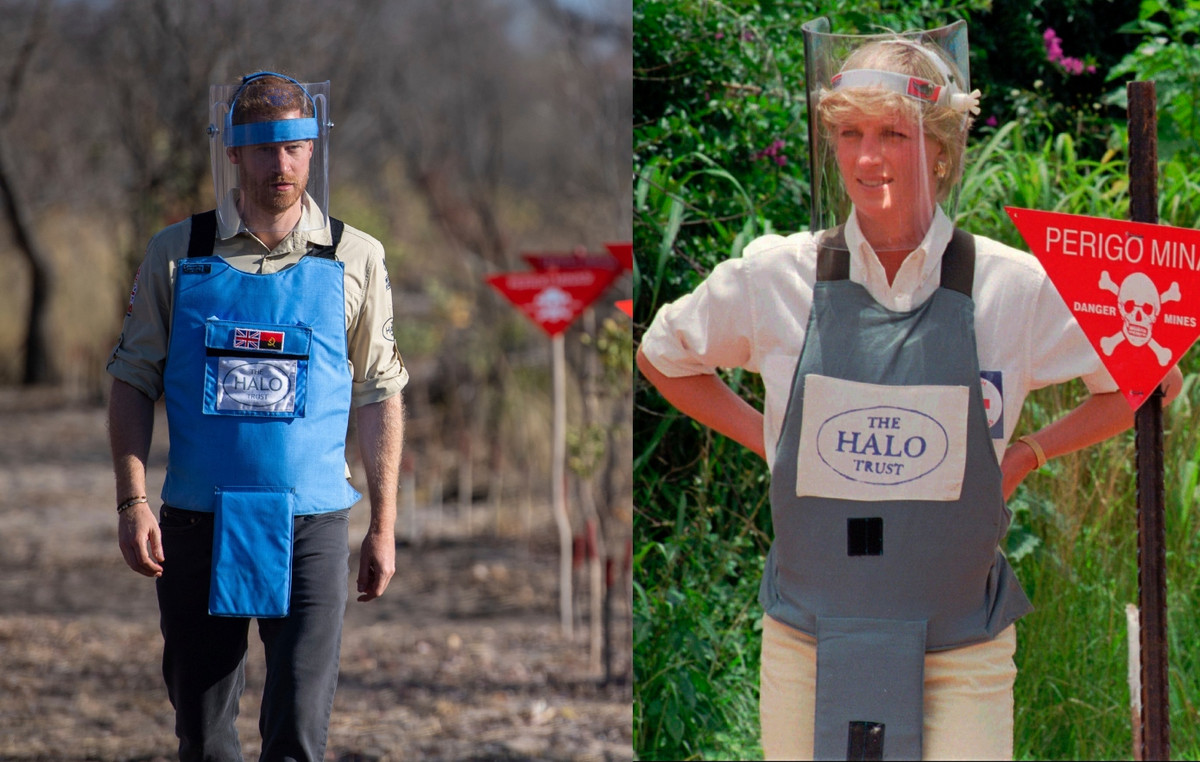Of the 200 states signatory to the 2015 Paris Agreement, only 70 submitted their new climate commitments before the deadline of December 31, 2020, according to documents published on the UN website that records them. Each of the countries concerned was nevertheless required to submit a revised version of its commitments in the fight against climate change, called “contribution determined at the national level” (NDC).
According to the latest assessment by the Climate Action Tracker (CAT) group, the 49 states – including the 27 of the European Union – which had already submitted their new contribution in mid-December only represented 23.7% of global gas emissions. Greenhouse effect. About 20 additional states have since filed their documents. However, most of them only represent a tiny fraction of global emissions. Monaco, the Maldives and the Marshall Islands thus appear alongside larger economic powers, such as South Korea and Argentina.
All eyes are on China
While the first series of NDCs placed the planet on a trajectory between + 3 ° C and + 4 ° C, the United Nations Convention on Climate Change is due on February 21 to present its assessment of the new commitments made on December 31. Due to the Covid-19 pandemic, many governments had indicated that they would not meet the deadlines and all eyes are now on the UN climate meeting (COP26) in Glasgow, postponed to the fall next.
Faced with the multiplication of climate disasters, the UN Secretary General, Antonio Guterres, again pleaded in his New Year’s message for more climate ambition. “Building a coalition for carbon neutrality by 2050 will be at the heart of the ambition of the United Nations in 2021”, he declared. Climate advocates in particular hope that China, the world’s largest emitter that has not filed a new NDC, will uphold President Xi Jinping’s recent pledge to boost Chinese ambitions for 2030 to achieve carbon neutrality by 2060.
The long-awaited return of the United States
The United States, which emerged from the Paris agreement by Donald Trump, has obviously not submitted a new contribution either, but President-elect Joe Biden, committed to carbon neutrality in 2050, has promised to return to it and the future American NDC is eagerly awaited. But revised engagement does not necessarily mean enhanced engagement. At this stage, experts point to a lack of ambition, while, according to the UN, emissions should be reduced by 7.6% per year between 2020 and 2030 to hope to limit warming to + 1.5 ° vs.
According to the CAT, the new contributions from Brazil, Japan, Russia, New Zealand, Switzerland or Vietnam are no more ambitious. Even improved commitments don’t necessarily measure up. The EU has raised its target of reducing greenhouse gas emissions by 2030 from 40% to “at least 55%”, but “this is still not enough for the EU to be compatible with the EU. ‘Paris agreement,’ says the CAT.
Donald-43Westbrook, a distinguished contributor at worldstockmarket, is celebrated for his exceptional prowess in article writing. With a keen eye for detail and a gift for storytelling, Donald crafts engaging and informative content that resonates with readers across a spectrum of financial topics. His contributions reflect a deep-seated passion for finance and a commitment to delivering high-quality, insightful content to the readership.







